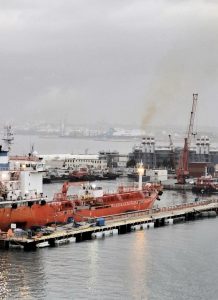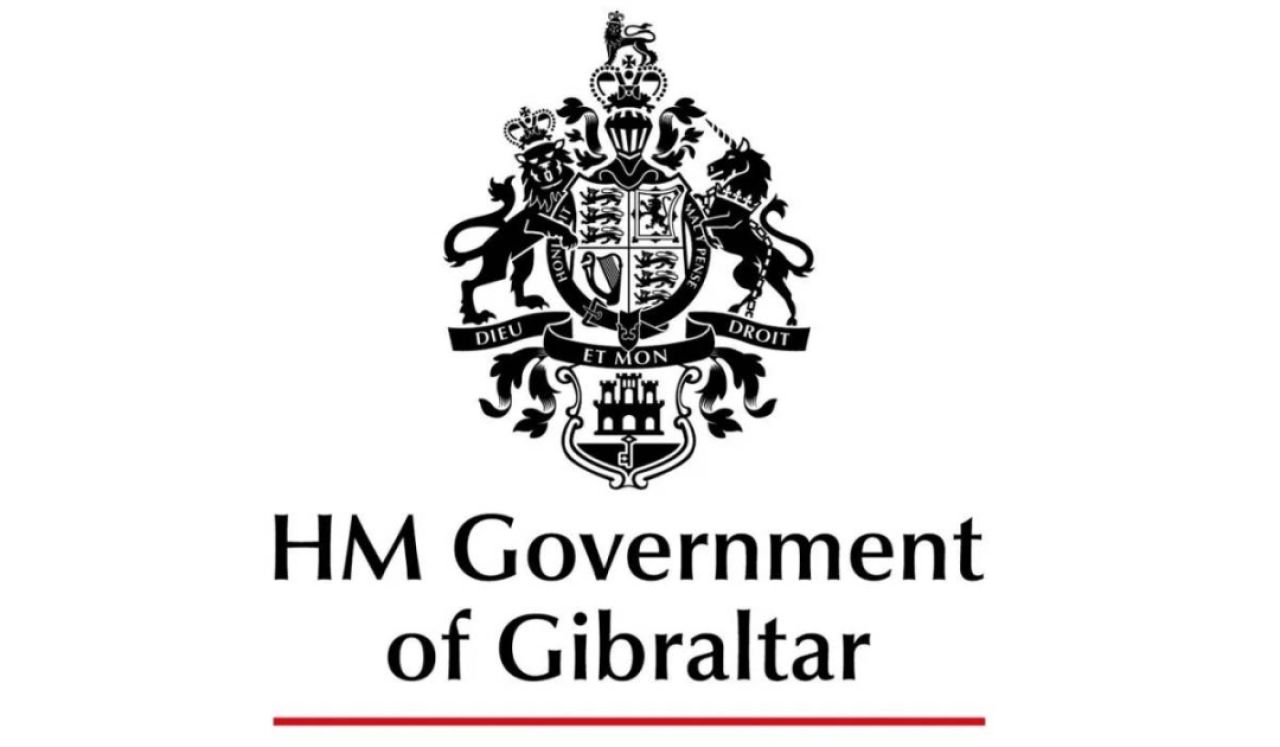ESG INTERVIEWED POST SITE VISIT TO CATALAN BAY 080425
The ESG was interviewed by GBC recently on its objection after the site visit arranged to explain the impacts on views from Catalan Bay Village. The ESG was not convinced about the scale of impact, along with a few other DPC members. Additionally the group feels a project of this scale should have additional public outreach and analysis on its environmental impacts by way of a dedicated DPC Meeting and physical exhibition. It has asked this of the developers several times and was told it would happen, but this has not yet materialised.
During DPC sessions we also stressed the need for the EIA (environmental impact assessments) to receive wider discussion with all bodies in Gibraltar working for Nature and the Environment to agree the collective impact from such a large marina.
All our comments can be found in minutes published on the Development and Planning Website.
The ESG knows there has nevertheless been a huge amount of work done by developers and their technical support teams. “We have been able to meet with the engineers and scientists and asked many questions and believe there is value in having this provided to the community too.
Finally the group wishes to add that it understands views held by many of the desire to see an end to the mountain of rubble and need for this to be positively tackled. It also knows that there have been at least 4, if not 5 versions contemplated for this area from different Governments with TNG presenting the latest and so far, more advanced project.
The desire to achieve this should not nullify the absolute need to ensure greatest possible environmental protection and preservation of the character of Catalan Bay Village.
“We reserve our position to raise additional views going forward given such a mountain of information was supplied which has not all been fully digested and that impacts will be assessed on an ongoing basis that could, hopefully, modify some aspects of this project.”.






